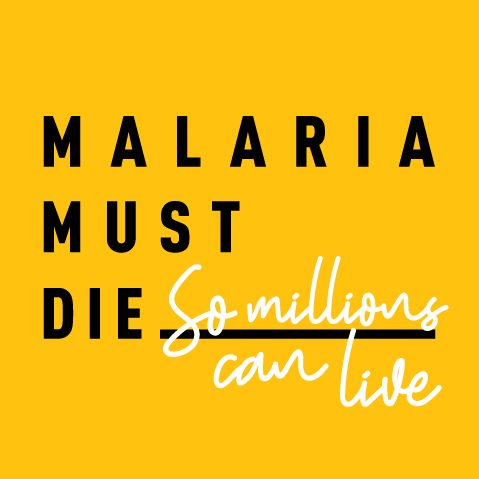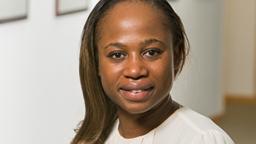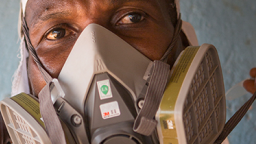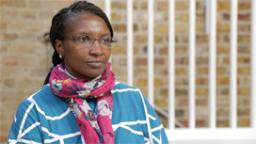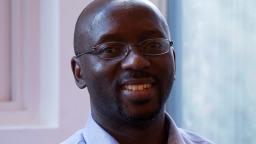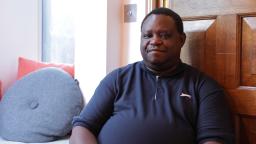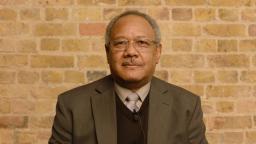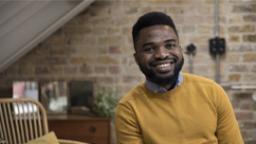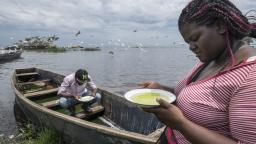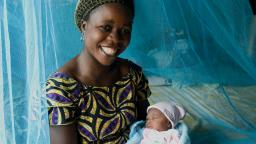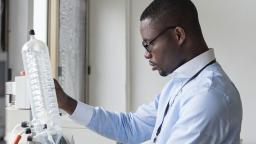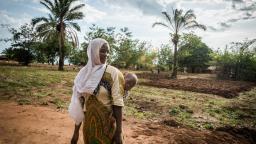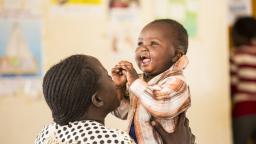Jean Bosco Niyonzima’s reason for getting involved in the Malaria Must Die campaign is simple – malaria is one of the top five killers of children under the age of five. A Rwandan doctor now living in London and working with Save the Children International, he has seen many children suffering from the disease – from simple cases to fatal outcomes – and wants to use his experience and influence to add his voice to the campaign.
He is particularly keen to highlight the crucial role of community-based health services in combatting malaria, and recalls an evening in south-east Liberia, near the Ivory Coast border, where the quick actions of one community health worker saved the life of a little boy in the advanced stages of the illness.
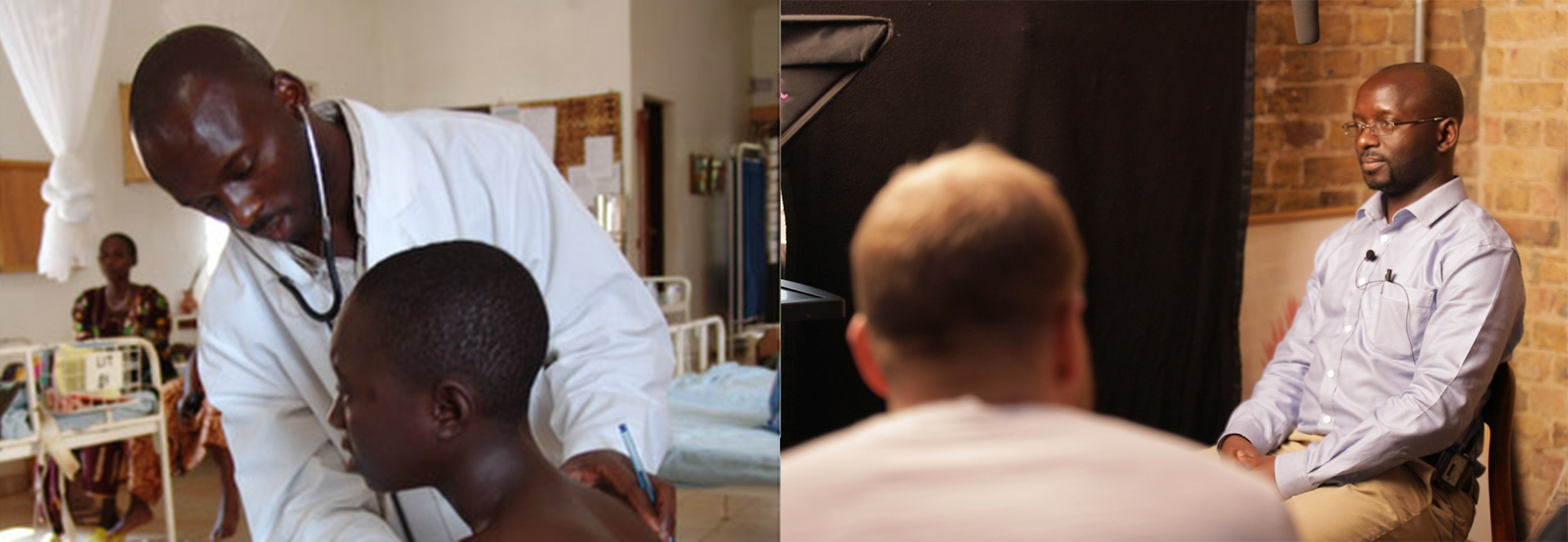
“One Sunday, I was called by a nurse to help in the medical evaluation of a three-year-old child named Patrick. He had been admitted to a small health centre suffering from cerebral malaria – he had lost consciousness, he could no longer speak and was barely reacting to stimuli. His parents had, over the years, already lost three of their six children to illness.
“A community health worker called Markson, who had been trained by social justice organisation Last Mile Health in the diagnosis and treatment of simple malaria, pneumonia, diarrhoea and malnutrition, quickly transferred the boy and his mother to the clinic. Thanks to him, Patrick survived. He was lucky because Markson was able to identify and diagnose the complicated symptoms malaria, and acted quickly upon this.”
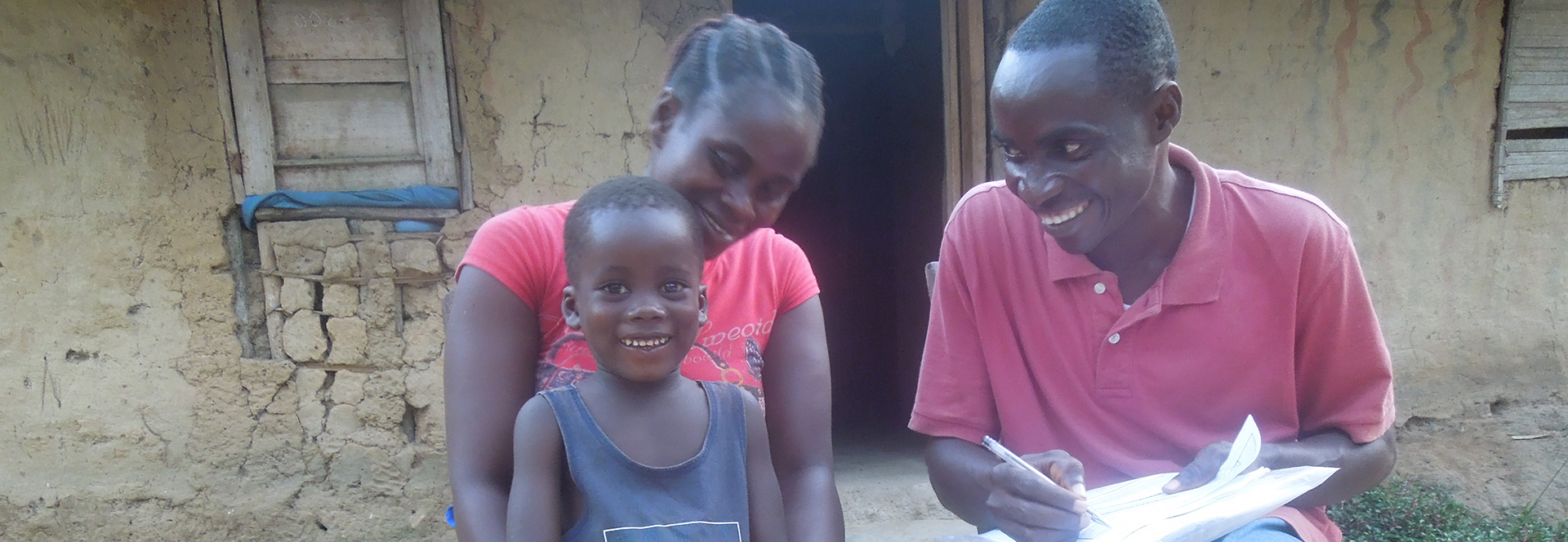
This one community health worker’s training and quick actions show how critical their role is in saving lives. “Many may think having a community health worker is a luxury, but that is false,” says Dr Niyonzima. “When community health workers are trained and supervised, and receive regular medical supplies and financial compensation, they do a good job. Their role needs to be integrated into primary healthcare systems and it would be a mistake to ignore this – the price is too high.”
It is unacceptable that a child dies every two minutes from an entirely preventable, treatable disease. Last year, world leaders committed to halving malaria in the Commonwealth in the next five years, but this will not be possible without a fully-funded Global Fund for AIDS, TB and malaria which provides over half the money needed for the malaria fight.
“Political will is crucial because we can’t end malaria without the correct decision-making in terms of investment, timing and locations,” he adds. “Collaboration and partnership are also key, as is accountability.
“Disease attacks everybody – but not everybody has access to healthcare services. Universal healthcare to end malaria and other diseases requires collaboration and partnership from everybody, everywhere. This has to be a collective movement, a collective commitment. I think this is an issue for not just affected countries but the whole human race. Malaria should concern everybody.”
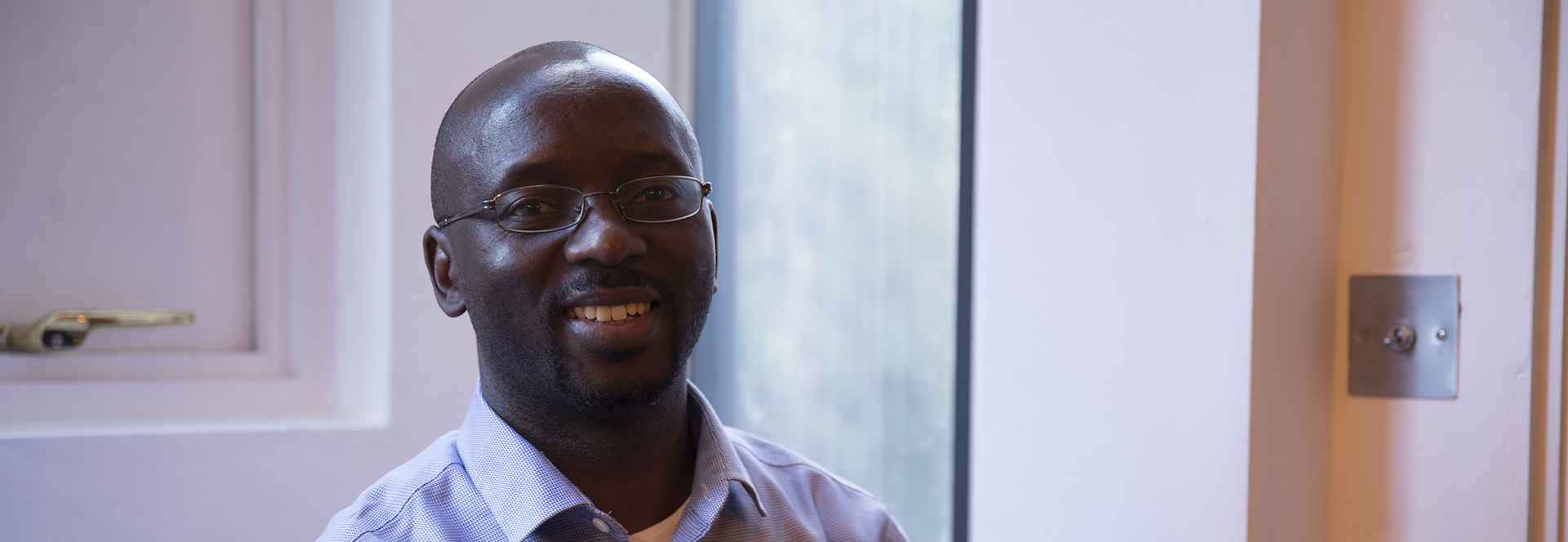
BACKGROUND
Malaria remains the leading cause of morbidity and mortality in Liberia, with 38% of outpatient attendance and 42% of inpatient deaths attributable to malaria. However, malaria prevalence in children aged under 5 years has been significantly reduced from 66% to 32% since 2005.
Save the Children – together with partners – helps communities better prevent, quickly diagnose and treat malaria. Protecting families with bed nets treated with mosquito repellent, and helping community health providers treat malaria are our top priorities.
